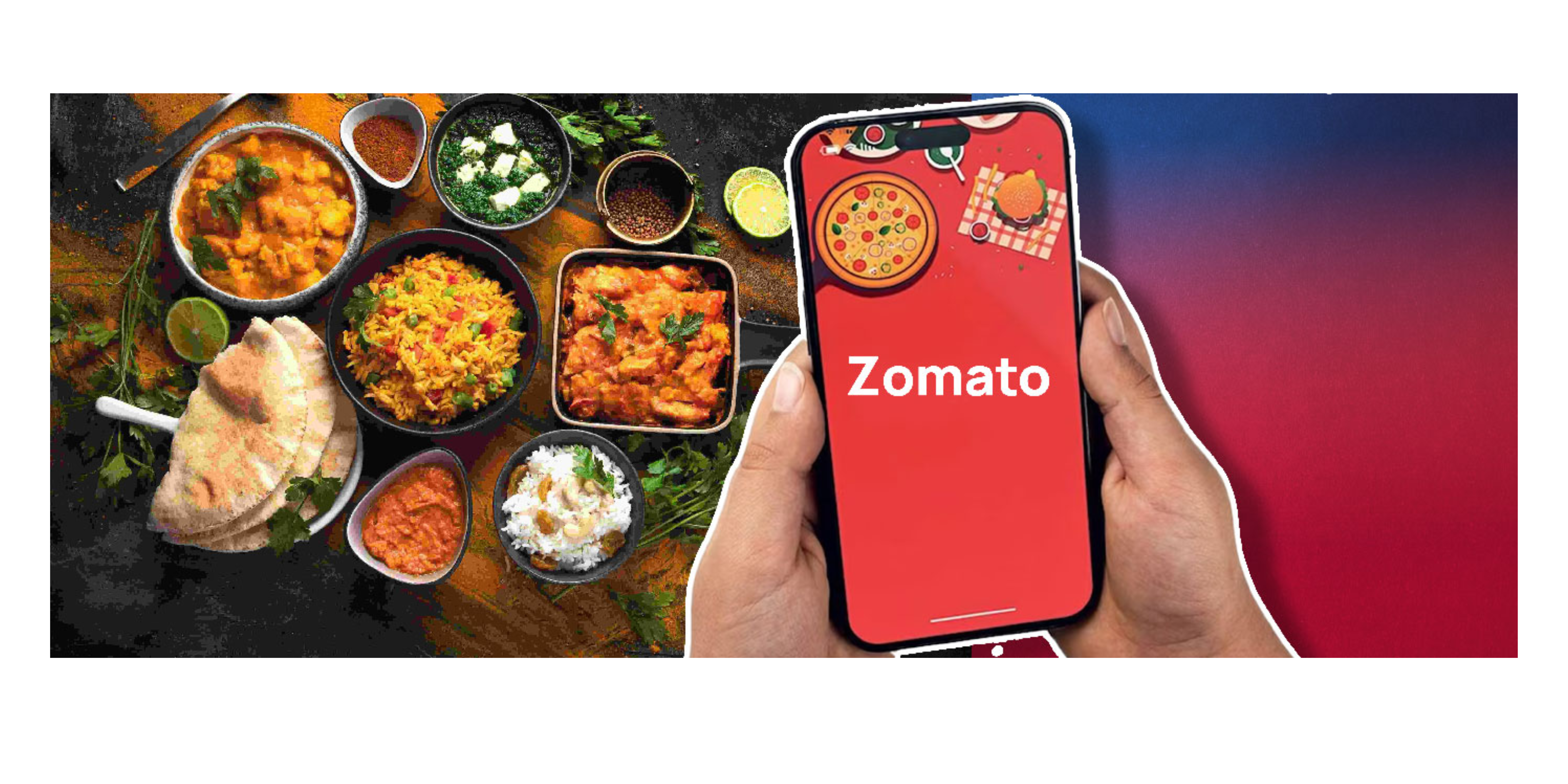
In the bustling world of online food delivery, Zomato has emerged as a leading platform connecting hungry customers with their favorite eateries. With a vast array of restaurants and cuisines at our fingertips, Zomato has revolutionized how we order food. However, with great convenience often comes scrutiny, and food quality complaints on Zomato have been a hot topic among users and restaurants alike. Are these complaints justified? Let’s delve into the nuances.

The Convenience of Zomato
One of the primary reasons people flock to Zomato is the sheer convenience it offers. With just a few taps on a smartphone, you can browse through countless menus and reviews. This ease of access makes it possible for us to enjoy diverse cuisines from the comfort of our homes. However, with such convenience, expectations naturally rise. When the food doesn’t meet these heightened expectations, complaints can surface.
It’s essential to recognize that the convenience provided by Zomato also sets the stage for heightened scrutiny of food quality. Customers expect not only delicious meals but also consistency in taste and presentation. This expectation can sometimes lead to complaints when reality doesn’t align with what was anticipated.
The Role of Customer Expectations
When using Zomato, customers often have specific expectations based on previous experiences or the appealing photographs displayed on the app. The platform showcases beautiful images of food, and when the actual meal doesn’t match this visual allure, it’s easy to understand why some may feel compelled to voice their dissatisfaction.
These complaints can stem from various issues, including portion sizes, freshness of ingredients, or even presentation. While it’s important to consider that some variations are inevitable, the gap between expectation and reality can fuel complaints. Thus, one must ask: are these complaints justified, or do they stem from unrealistic standards?
The Impact of Restaurant Quality Control
Zomato collaborates with numerous restaurants, each with its unique approach to food quality and customer service. While some eateries prioritize quality control, others may not have the same rigorous standards in place. This inconsistency can lead to varied experiences for customers, resulting in complaints about food quality on Zomato.
Restaurants must recognize that their reputation is partially dependent on their presence on Zomato. A single negative review can impact their business significantly. Hence, many establishments strive to ensure that their food meets the expectations set by the platform. This effort benefits both customers and restaurants, creating a cycle of improvement that ultimately enhances the overall dining experience.

Feedback as a Tool for Improvement
One of the most significant advantages of platforms like Zomato is their ability to collect customer feedback. Complaints about food quality should not be viewed solely as negative; rather, they can serve as valuable insights for restaurants. By addressing these concerns, eateries can refine their processes, ingredients, and service.
Zomato provides a unique opportunity for restaurants to engage with their customers. Responding to complaints and taking constructive criticism into account can foster loyalty and improve food quality over time. This proactive approach benefits not just the individual restaurant but also enhances the entire dining ecosystem.
The Rise of Social Media and Its Influence
In the age of social media, Zomato has become a crucial platform for customers to express their experiences. Positive reviews can elevate a restaurant’s reputation, while negative feedback can tarnish it. The visibility of complaints about food quality on Zomato can be daunting for restaurants, prompting them to be more mindful of their offerings.
However, social media also empowers customers to voice their opinions and advocate for better quality. If someone receives a subpar meal, sharing their experience on Zomato can alert others and encourage the restaurant to make necessary adjustments. This dynamic relationship between customers and restaurants can lead to improved food quality across the board.
The Role of Delivery Quality
Another factor contributing to food quality complaints on Zomato is the delivery process itself. A meal that might have been perfect in a restaurant setting can lose its appeal during transit. Factors such as temperature, packaging, and time taken for delivery can all impact the final experience.
Restaurants partnering with Zomato must prioritize how their food is packaged and transported. Effective packaging not only preserves the integrity of the food but also enhances the overall experience for customers. When delivery is done right, the chances of complaints diminish significantly, highlighting the importance of collaboration between Zomato, restaurants, and delivery personnel.
Personal Experiences and Shared Stories
As customers, our personal experiences often shape our perceptions of food quality on Zomato. A single negative experience can lead to a broader critique of the platform, even if it’s an isolated incident. Conversely, positive experiences can foster loyalty and trust in the service.
Sharing stories—whether good or bad—can help other customers make informed decisions. Zomato thrives on this shared knowledge, allowing potential diners to benefit from the experiences of others. This community-driven approach not only elevates the dining experience but also encourages restaurants to maintain high standards.
The Future of Food Quality on Zomato
Looking ahead, the relationship between Zomato, customers, and restaurants will continue to evolve. As technology advances, we can expect innovations in food quality control, delivery methods, and customer engagement. Restaurants that take feedback seriously and adapt accordingly will likely thrive in this competitive landscape.
Zomato’s role in this journey is crucial. By fostering an environment where feedback is valued, and expectations are managed, the platform can continue to enhance the overall dining experience. The goal is not to eliminate complaints but to turn them into opportunities for growth and improvement.
Conclusion
In conclusion, food quality complaints on Zomato are a natural part of the dining experience in the digital age. While some complaints may be justified due to inconsistent food quality, they also serve as vital feedback for restaurants to improve their offerings. By understanding the dynamics between customer expectations, restaurant practices, and the delivery process, we can foster a more positive dining experience for all.
As customers, we have a voice on Zomato, and by sharing our experiences constructively, we contribute to a culture of excellence in the food delivery industry. Embracing both positive and negative feedback can ultimately lead to better meals, happier customers, and thriving restaurants. In the end, Zomato remains a platform where quality matters, and every complaint can be a stepping stone towards improvement.
To complaint for anything, just comment on: https://apply.esseindia.com/





